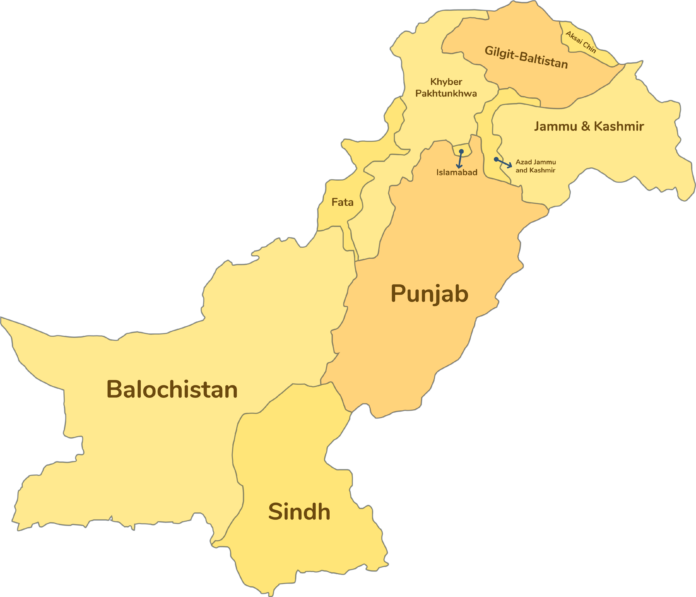There seems to be a serious generational gap within the ranks of both the Pakistan Muslim League Nawaz (PML-N) and the Pakistan People’s Party (PPP). Perhaps nothing indicates this more than two recent proposals to amend the constitution.
The first, of course, is the proposed 27th Amendment which has taken over the news cycle. Forged in secret and discussed in clandestine meetings, there was no indication that such an amendment was even on the cards until PPP Chairperson Bilawal Bhutto Zardari announced on the 3rd of November. The amendment proposes to fundamentally change the balance of power in Pakistan. If it passes and is signed into law, an already weak judiciary will become completely beholden to political power, the military chain of command will shift, and the country’s economic governance shall return to the days of centralised power.
For all intents and purposes it would be a serious rollback of the hard-won 18th amendment, and it is being championed and discussed by the old guards of the PPP and the PML-N.
The second proposal to amend the constitution came only a few days before Mr Bhutto-Zardari announced his party had been approached for support on the 27th amendment. This proposal came from the Punjab Assembly, which sent a resolution to the federal government, seeking constitutional protection for local governments via an amendment to Article 140-A of the Constitution of Pakistan. The proposal points out that under the 18th Amendment, local governments are constitutionally mandated — a requirement the provinces have failed to take reasonable steps towards.
If passed, the resolution would strengthen democracy, governance, and the 18th Amendment. It was co-sponsored by members Ahmad Iqbal of the PML-N and Ali Haider Gilani of the PPP. Mr Iqbal is the son of planning minister Ahsan Iqbal and Mr Gilani is the son of former prime minister and current Senate Chairman Yousaf Raza Gilani. The content in this publication is expensive to produce. But unlike other journalistic outfits, business publications have to cover the very organizations that directly give them advertisements. Hence, this large source of revenue, which is the lifeblood of other media houses, is severely compromised on account of Profit’s no-compromise policy when it comes to our reporting. No wonder, Profit has lost multiple ad deals, worth tens of millions of rupees, due to stories that held big businesses to account. Hence, for our work to continue unfettered, it must be supported by discerning readers who know the value of quality business journalism, not just for the economy but for the society as a whole.To read the full article, subscribe and support independent business journalism in Pakistan









